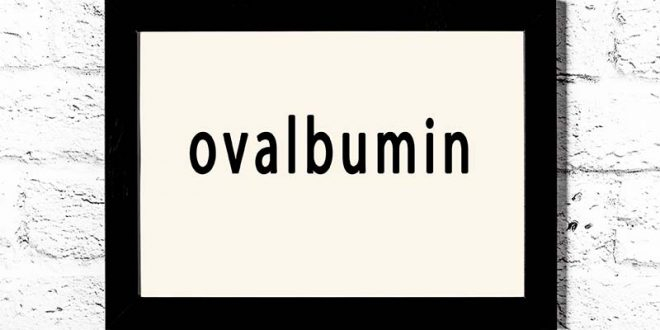Maya Sapir-Mir and Raya Liberman-Aloni, co-founders of the Israeli start-up PoLoPo, have developed a technology capable of producing egg protein (ovalbumin) in potatoes.
This is especially important for the developing world. Protein demand is expected to skyrocket as the world’s population grows. Animal protein alone is expected to double by 2050.
“The first plant we want to work on is the potato. It’s a very cheap and resilient crop that, with our technology, can accumulate high amounts of protein. In its natural form, potatoes consist mostly of water and starch, which leaves room for our desired protein: ovalbumin”, Liberman-Aloni explained, cited by Food Navigator.
According to the above-mentioned media source, the start-up will be expressing the protein in the potato itself, a ‘sink organ’ underground tuber, rather than its leaves.
The owners of the start-up do not expect protein production to affect the appearance of the potato, but it may affect its taste. However, its flavor profile is unimportant in the short term: the potato simply serves as a protein ‘carrier.’ The researchers are working on an extraction method that they believe will be much easier than extracting from leaves and seeds because they will not have to remove chlorophyll, polyphenols, and other metabolites. Because potato is composed of approximately 80% water, the dehydrated by-product can be used as starch in other industries after the protein is extracted.
Albumin is ‘Big Business’
Ovalbumin is the most abundant protein in egg white (albumin), accounting for approximately 55% of the total protein. Albumin is a big business in the B2B food ingredients market. The functional egg protein aids in the binding, emulsification, and foaming of food products ranging from pancakes to meringue and ice cream. PoLoPo intends to sell its egg-free ovalbumin protein ingredient to the food industry in this regard.
PoLoPo intends to launch its first product, ovalbumin protein. However, the founders of the start-up believe that ovalbumin is ‘just the beginning’.
“We also believe we have another product: a high-protein potato. Potato protein is highly commercial and has a lot of functionality, similar to ovalbumin,” Liberman-Aloni added.
Later on, the company sees ‘huge’ potential in developing high-protein potatoes. Because they are bio-engineered, regulatory authorities and consumer acceptance must be on their side, but PoLoPo is targeting developing countries with low protein diets.
PoLoPo expects to have ‘good functional samples’ of its potato-expressed proteins for the food industry by this time next year. Working with potatoes, which can be grown efficiently in a field, is promising in terms of scalability, according to the co-founders.
A source: https://www.potatobusiness.com





